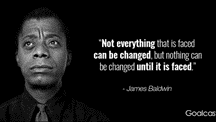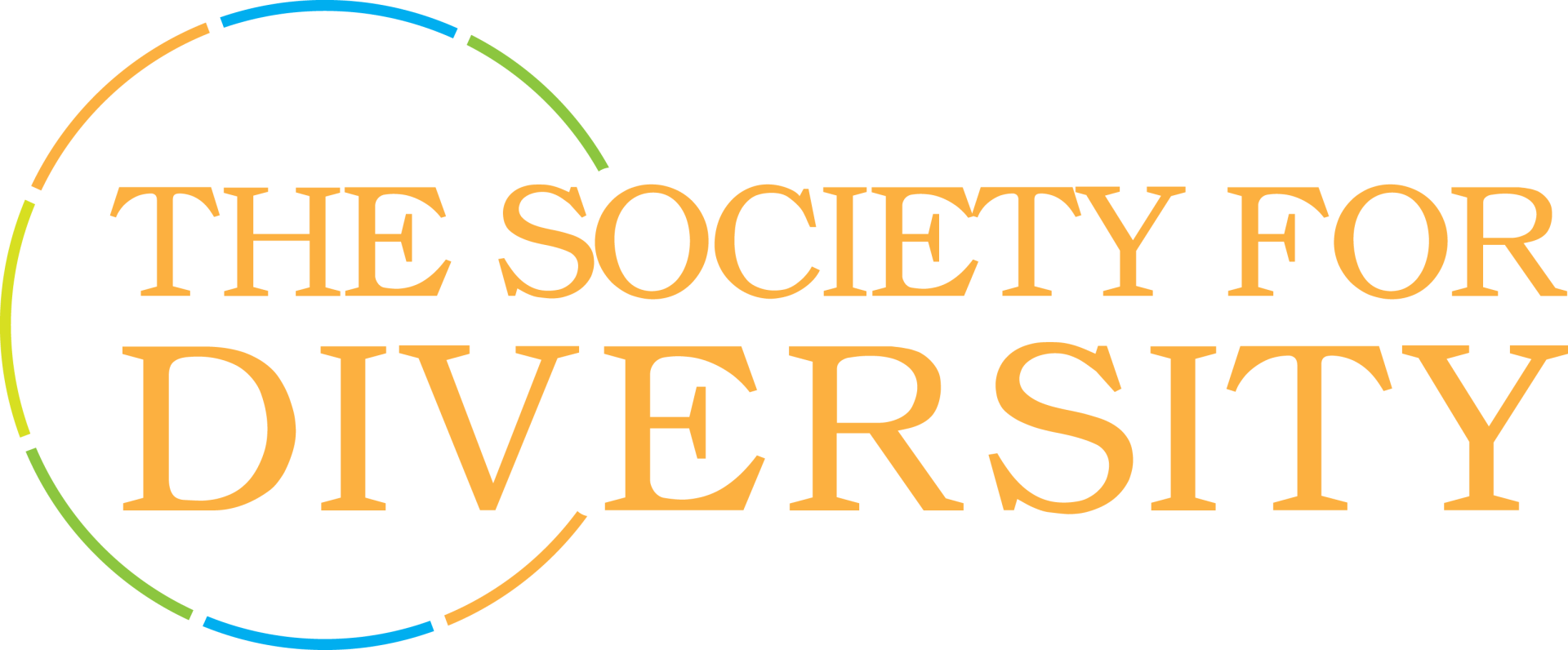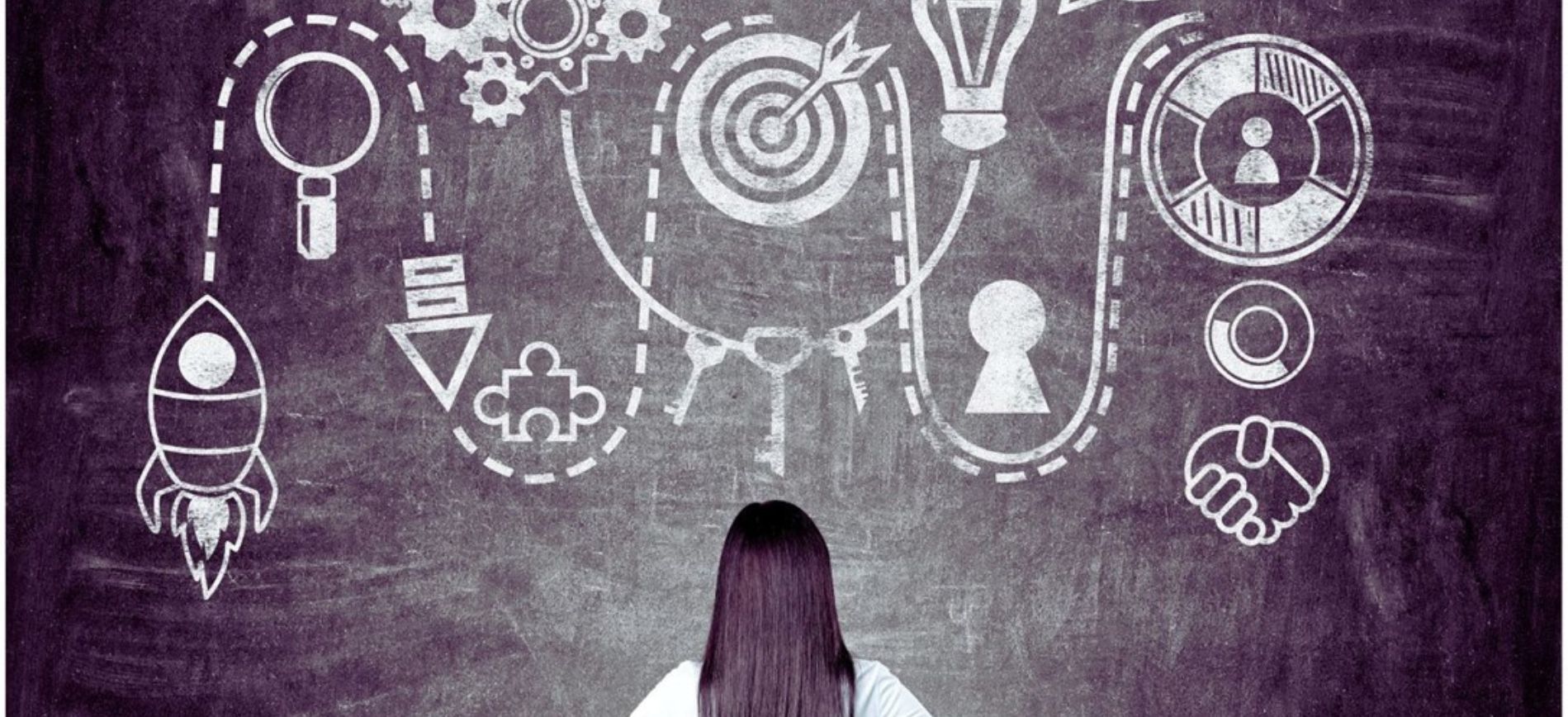Exposed to the world now, are the multitude of killings prior to George Floyd. Exposed to the world now, are the many black deaths that have continued since the killing of George Floyd. Exposed to the world now are the investigations of what may be termed "modern day lynching[s]" and recruitment efforts by the KKK.
We have been here before…and before…and before. Are we ready to do the REAL work required to advance Racial Equity?

Both individuals and organizations seem to be scrambling with questions with respect to what's next and how best to move forward so that systemic change is sustainable. Suddenly, there have been a plethora of materials, articles, books, and videos, across all learning modalities regarding how to advance equity and address racism.
One of the biggest challenges is that very few organizations are prepared to do the real work in order to achieve meaningful change. I contend that there are several basic foundational principles to advance equity in the community or in an organization:
- A key factor to the process of advancing equity is the motivation (the desire) to “want to” as opposed to “have to.” Consider if you want to do the work required or do you want to just check the boxes?
- Be willing to assess your own bias, stereotypes, values, beliefs, behaviors, and all things related to self-awareness. Self-Awareness connects you to self-knowledge, which is critical in the determination of how you show up, or how you can manifest these foundational principles into tangible equity with respect to serving others and/or conducting yourself in the community. You must be willing to continually confront and assess your own “isms” in order to advance equity.
- Practice the principle of seeking out different “cultural encounters”-- where you take the initiative to engage and interact in different cultural experiences. Different cultural encounters provide you with the opportunity to acquire knowledge and understanding that leads to respect for others. This in turn supports the development of a growth mindset. A growth mindset is the theory that with determination and hard work, you can improve your skills and talents over time.
The advancement of equity requires the deconstruction of institutional racism and necessitates being intentional. One must assess their own cultural awareness, relationally develop common definitions, tackle dynamics of power and privilege, and acquire knowledge to attain proficiency in cultural competency. This is accomplished individually and organizationally.
Scientific studies have determined that the key for change is being repetitive, as this ultimately encourages the formation of habitual patterns and new pathways in the mind. Meaning, if you purposefully and continually go back to reevaluate and assess your own bias, and, consistently seek different cultural encounters, these intentional acts are supportive of advancing equity. For clarity, first one must choose to be educated before one attempts application.
The steps provided here are basic and practical. For decades they have been provided and even promoted, yet there have been no visible changes. Advancing equity is difficult work, because for forward movement, one must understand how to put theory into practice and strive not to arrive but strive to be skilled. Once skilled, you can purposefully interact and actually “move the needle” for change.
By Nathifa M. Miller, JD, CDP
Sources:
https://wvva.com/2020/06/26/the-ku-klux-klan-leaves-a-message-for-southern-west-virginia/
https://couriernewsroom.com/2020/06/18/4-black-men-were-found-hanged-in-3-weeks-what-is-happening/
https://www.brookings.edu/blog/fixgov/2018/05/17/livingwhileblack-a-new-normal-or-history-repeating-itself/
https://www.nationalgeographic.com/history/2020/06/history-of-lynching-violent-deaths-reflect-brutal-american-legacy/#close
Approaches for Developing Intercultural Competence: An Extended learning Model With Implications From Cultural Neuroscience, Wei-Wen Chang, 2017
Disclaimer: Content on this blog is authored by multiple sources. While we do make every attempt to proofread and fact-check, unless authored our staff, the views expressed do not necessarily reflect those of The Society for Diversity and the Institute for Diversity Certification.






